| Lesson 8 | Effective tuning tips for rule-based optimization |
| Objective | Evaluate and tune rule-based queries. |
Rule-Based Optimization (RBO) is no longer used to tune the Oracle instance
Rule-Based Optimization (RBO) is no longer used to tune the Oracle instance in Oracle 19c. Oracle 19c exclusively uses Cost-Based Optimization (CBO) for query optimization.
Oracle started phasing out RBO from Oracle 9i onwards, and it has been completely deprecated in recent versions, including Oracle 19c.
The Cost-Based Optimizer (CBO) is now the default and only option in modern Oracle database versions, including 19c. The CBO uses statistics gathered about the database (such as table sizes, index efficiency, data distribution, etc.) to generate the most efficient execution plans for SQL queries.
Tuning in Oracle 19c is typically focused on ensuring that the optimizer has up-to-date statistics and using features like SQL Plan Management, Adaptive Query Optimization, and Automatic Workload Repository (AWR) reports, rather than manually tweaking RBO rules as in earlier versions.
Legacy Rule-Based Optimization
When we evaluate and tune rule-based SQL queries, we should always follow this procedure.
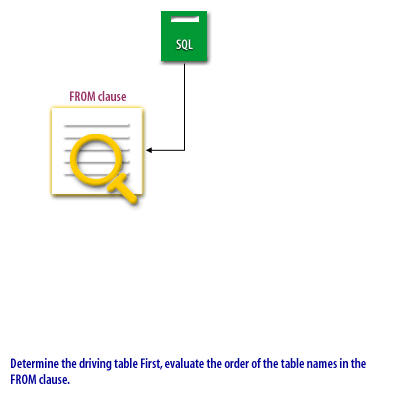
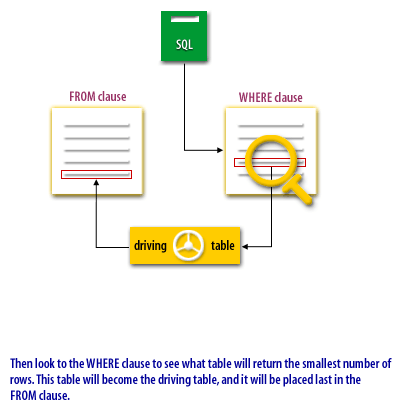
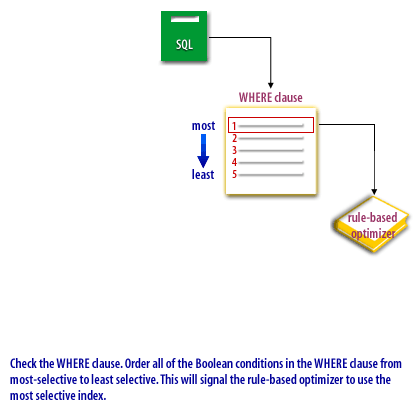
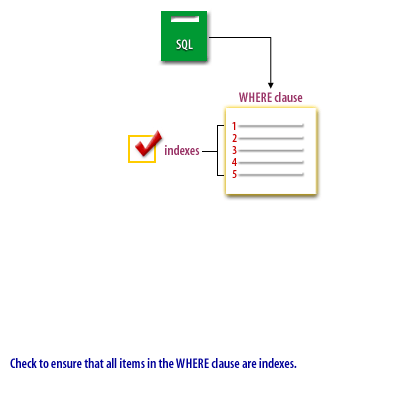
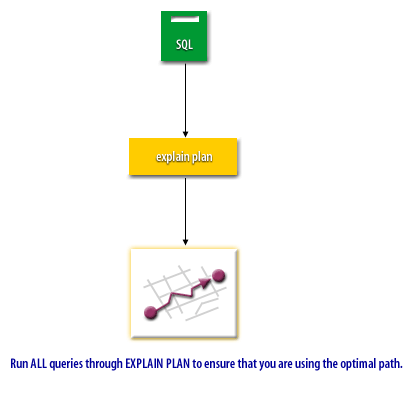
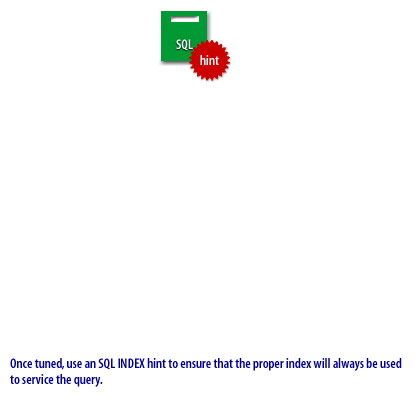
The next lesson summarizes the module with a review.